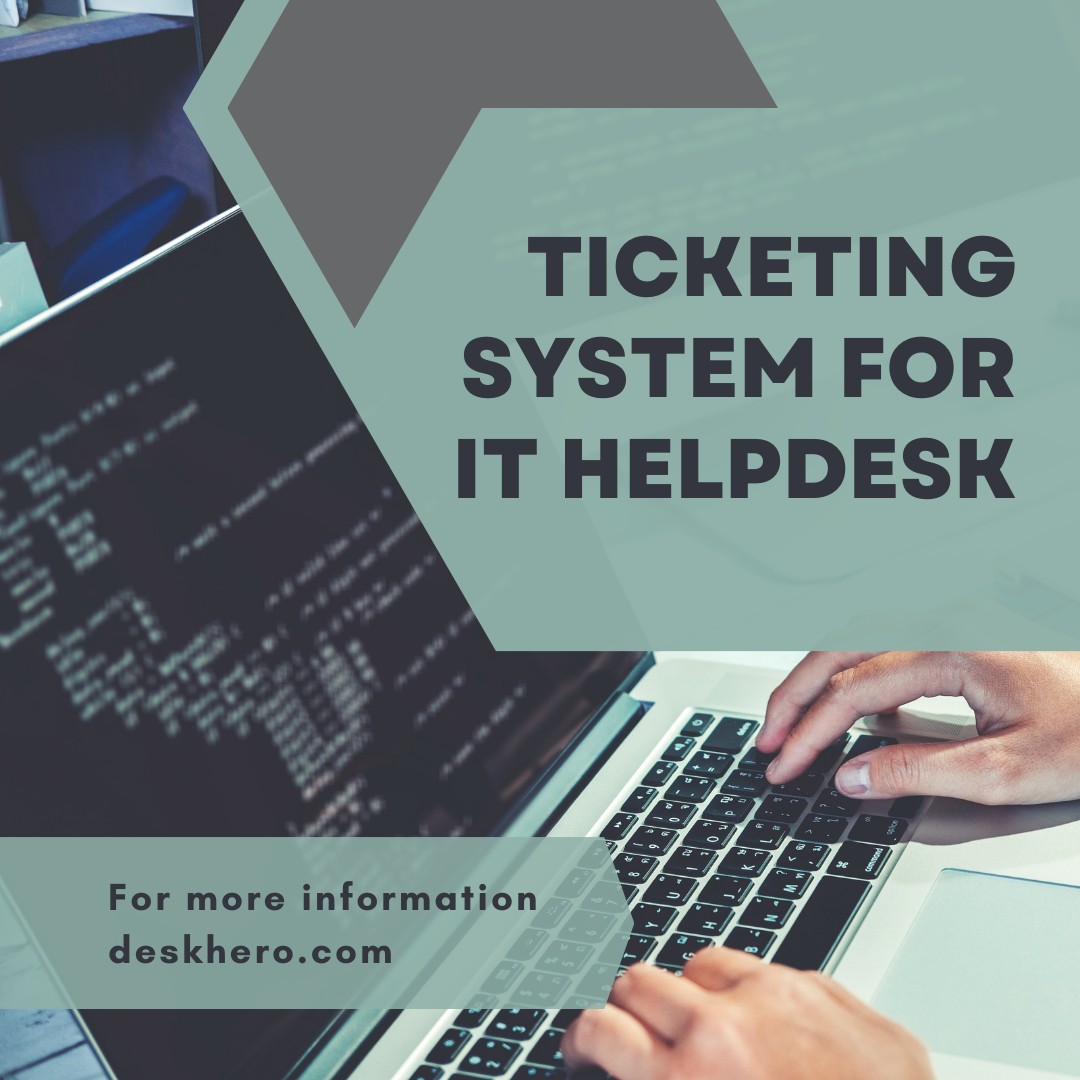Beyond the Basics: Unveiling Advanced Features That Elevate IT Ticketing Software Performance
In the ever-evolving landscape of IT management, the efficiency of an organization heavily relies on the effectiveness of its IT ticketing system and help desk software. These platforms serve as the backbone of resolving issues, managing requests, and ensuring a seamless workflow within an IT department. While the fundamental features of IT ticketing systems and help desk software are crucial, diving into advanced features can significantly elevate performance and enhance overall operational efficiency.
1. **Automation for Streamlined Workflows*
One of the key advanced features that modern IT ticketing systems offer is automation. This involves the use of predefined rules and workflows to automate routine tasks and processes. Automation reduces manual intervention, minimizes response times, and ensures that repetitive tasks are executed with precision. For example, automation can be applied to prioritize and route tickets, escalating them to the right personnel based on the nature of the issue.
2. **AI-Powered Ticket Routing and Classification*
Leveraging artificial intelligence (AI) for ticket routing and classification is a game-changer in the realm of IT support. Advanced IT ticketing systems use machine learning algorithms to analyze historical data and patterns, allowing for intelligent ticket categorization and routing. This not only accelerates ticket resolution but also ensures that the right expertise is applied to each specific issue.
3. **Self-Service Portals for User Empowerment*
Implementing self-service portals within help desk software allows end-users to find solutions to common issues independently. These portals are equipped with knowledge bases, FAQs, and troubleshooting guides, reducing the volume of incoming tickets for routine problems. This not only empowers users but also frees up IT personnel to focus on more complex issues, ultimately boosting overall efficiency.
4. **Real-time Collaboration Tools*
Advanced IT ticketing systems emphasize real-time collaboration features that enable seamless communication among support teams. Integrating chat, messaging, and collaborative documentation tools within the software ensures that IT professionals can share insights, resolutions, and updates in real time. This feature is particularly valuable for distributed teams or those working remotely, fostering a collaborative and efficient work environment.
5. **Integrated Asset Management*
For comprehensive IT management, advanced ticketing systems often come with integrated asset management capabilities. This feature allows IT teams to track and manage hardware and software assets, linking them directly to relevant tickets. Having a centralized view of assets ensures quicker issue resolution, accurate tracking of resources, and more informed decision-making for future IT investments.
6. **Customizable Reporting and Analytics*
Beyond basic reporting, advanced IT ticketing systems offer customizable reporting and analytics features. These tools provide insights into ticket resolution times, user satisfaction, and common issues. By analyzing these metrics, IT managers can make data-driven decisions to optimize workflows, allocate resources effectively, and continuously improve the overall support experience.
Conclusion:
In a rapidly advancing technological landscape, IT ticketing systems and help desk software must evolve to meet the growing demands of modern organizations. Implementing advanced features such as automation, AI-powered capabilities, self-service portals, real-time collaboration tools, integrated asset management, and customizable reporting can significantly elevate the performance of IT support teams. As organizations strive for increased efficiency, embracing these advanced features is not just a choice but a necessity for staying ahead in the ever-changing IT landscape.
